Vitiligio
Our dermatologists at Dermatology & Skin Surgery Center at Creedmoor offer personalized treatments for vitiligo tailored to your specific needs. While there is no definitive cure for vitiligo, our treatments aim to manage the condition and improve the appearance of the skin. Schedule an appointment with us to start your journey towards healthier skin.
Examples of Vitiligio
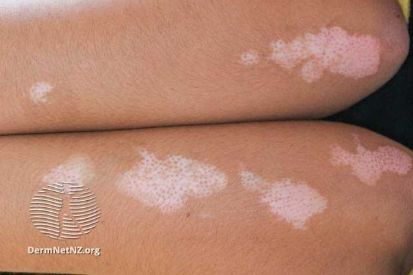
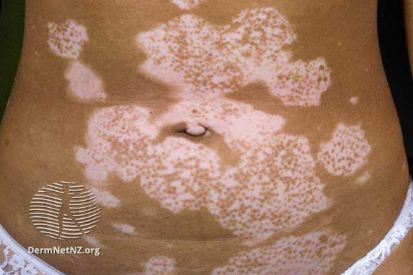
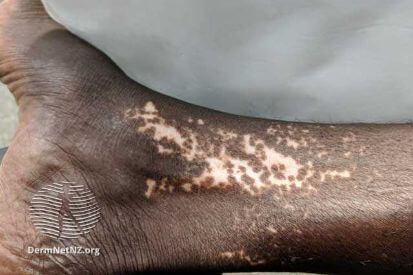
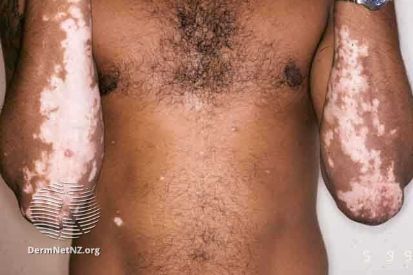
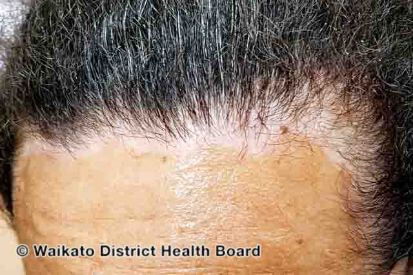
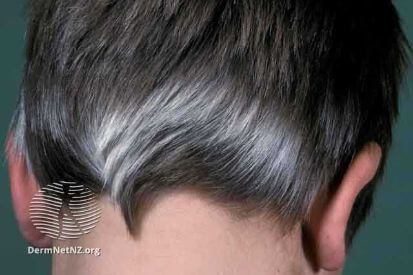
What are the Symptoms of Vitiligo?
- Patches of lighter-colored or white skin appearing any place on the body.
- Some people with vitiligo develop a few patches, while others are affected in large parts of the skin area.The edges of the patches are well-defined, but irregular.
- There are generally not any other symptoms of the condition, and people affected otherwise feel completely healthy.
What Causes Vitiligo?
- Vitiligo is believed to result from a combination of genetic, autoimmune, and environmental factors.
- It occurs when the immune system mistakenly attacks and destroys melanocytes, the cells responsible for producing skin pigment.
- Genetic factors may contribute to an individual's susceptibility to vitiligo, and certain environmental triggers.
Can You Prevent Vitiligo?
Vitiligo FAQs
Vitiligo can occur anywhere on the body. However, it often develops in areas exposed to the sun, such as the face, hands, arms, and feet.
Vitiligo can impact self-esteem, but there are treatment options available. Dermatologists may recommend topical steroids, phototherapy, or other therapies to help repigment the skin.
While there is no cure for vitiligo, various treatments aim to improve skin appearance. Dermatologists may tailor treatment plans based on individual needs, and supportive therapies can help manage the condition.
Vitiligo may spread over time, and its progression can vary from person to person. Dermatologists diagnose vitiligo through a physical examination and may use additional tests to assess the extent of depigmentation.
Sun exposure can potentially worsen vitiligo. Dermatologists often recommend protecting the skin from the sun using sunscreen and clothing to prevent sunburn in depigmented areas.
Treatments for Vitiligo
Our team of skin experts can help you achieve your healthy skin goals. Schedule your appointment today to start your skin journey.
Featured Products

ZO® Daily Power Defense
Daily Power Defense has been elevated with ZO’s exclusive technologies – including new ZPOLY™ complex – to enable a long-lasting, youthful and healthy skin complexion. This advanced serum is clinically proven to strengthen skin’s protective barrier while defending against environmental stressors and premature signs of aging. 50 mL / 1.7 Fl. Oz.

ZO® Daily Sheer Broad-Spectrum SPF 50
Water and perspiration resistant, this non-greasy sunscreen, with ZOX12® complex dries quickly with a sheer finish to shield against UVA/UVB and IR-A rays, and HEV light. Protects while also hydrating. 45 mL / 1.5 Fl. Oz.
